The buzz is back, says British Beekeepers Association, which celebrates its 150th anniversary
The number of beekeepers and hives has increased since the lows of the early 2000s, but there is still more to be done to protect our pollinators.

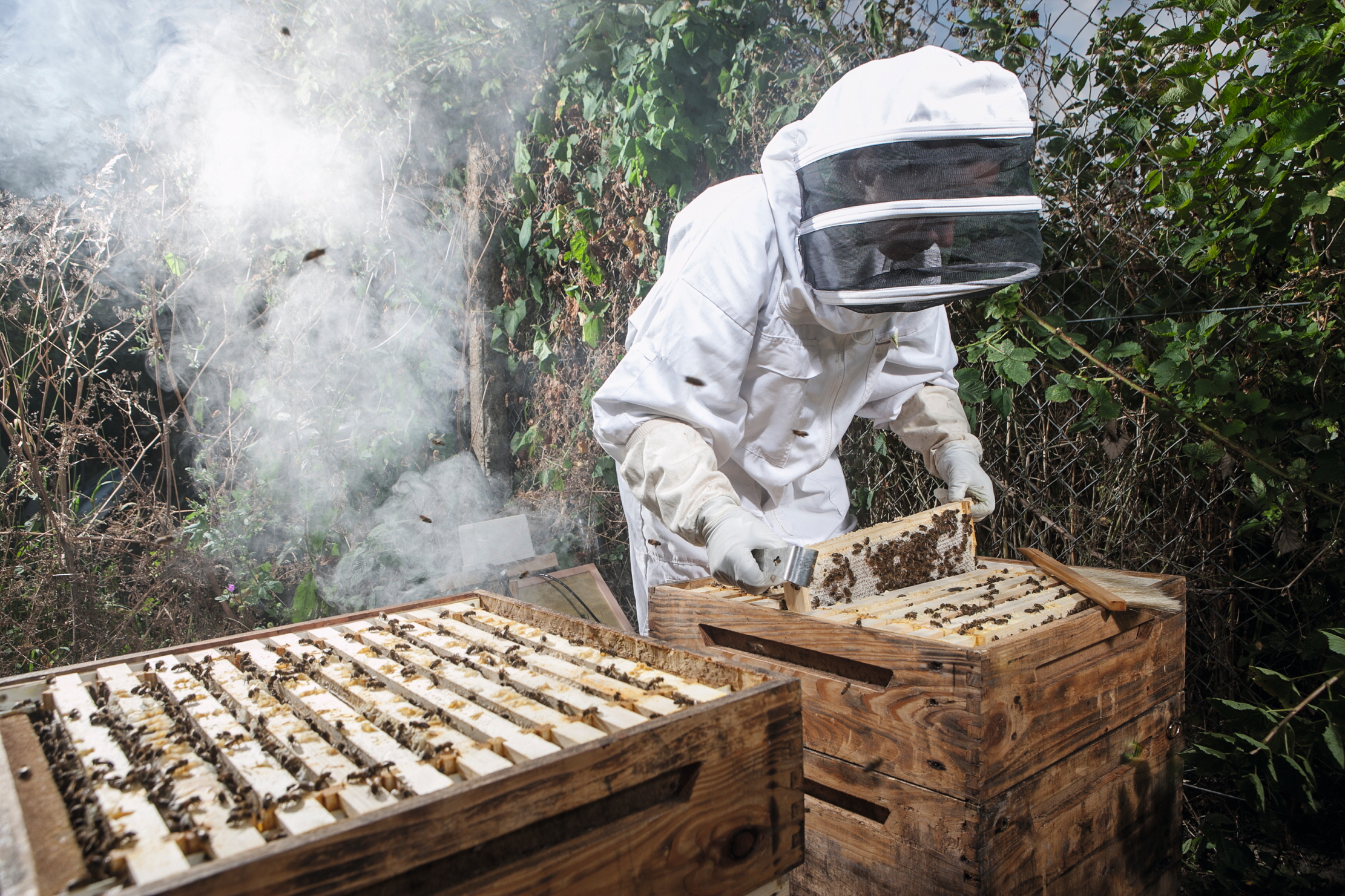
It’s been 150 tumultuous years since the British Beekeepers Association (BBKA) was founded, but now, thankfully, more and more people are keeping bees. Back in 1953, there were 80,000 beekeepers in England and Wales with 396,000 colonies, but numbers slowly reduced and, after a varroamite disaster in the 1990s, pesticide dramas and colonies collapsing at an alarming rate, hit an all time low in 2001 with fewer than 9,000 BBKA members.
Since 2010, there’s been a steady increase, boosted by a campaign led by the BBKA and the NDB (National Diploma in Beekeeping), which resulted in the establishment of an All-Party Parliamentary Group, a fund of £9.5 million for research into pollinators, a Bee Health Strategy and new qualifications and examinations. The enforced solitude and ‘back to Nature’ movement of the pandemic also played a part.
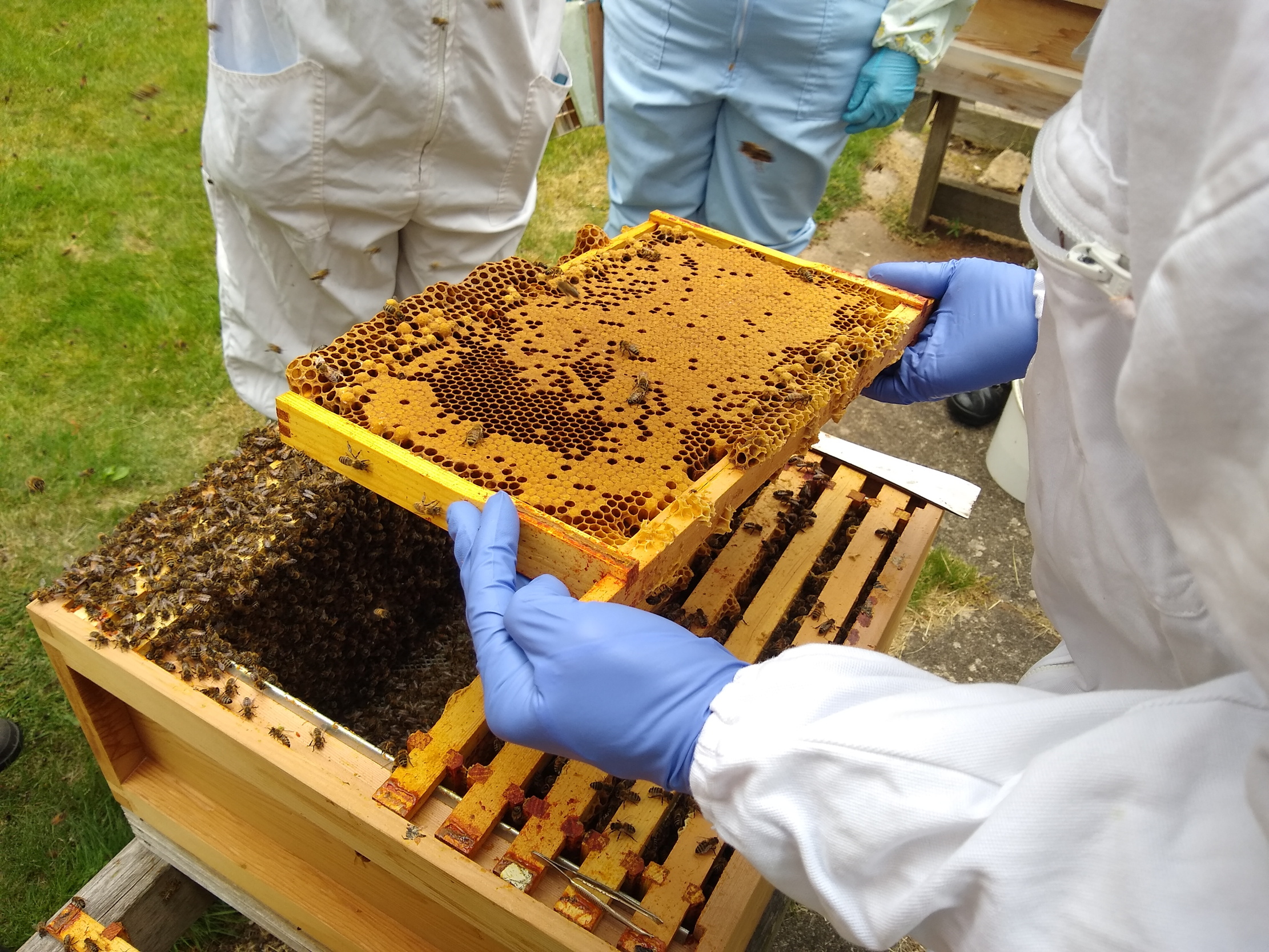
Now, members number almost 30,000. Across the country, local beekeeping associations are planting trees in homage to the anniversary and ‘to help provide forage for not only our bees, but all pollinators,’ says BBKA chair Diane Drinkwater. ‘We are celebrating our successes with the recent award of Fellow of the BBKA to Prof Steve Martin, Salford University; he’ll be speaking at the BBKA’s 46th Spring Convention at Harper Adams University in Shropshire (April 12–24).’
However, ‘beekeeping faces new challenges with the continued threat from Asian hornets, a concern for many beekeepers, particularly those on the south coast. The renewed emergency derogation four years running for neonicitinoids, which are a risk to all pollinators, is also a concern’. The BBKA publishes beekeeping guides and information can be found on the website.
Those interested in joining the hive might also visit the UK’s largest-ever bee auction, which will take place later this month. Hundreds are expected to attend the Lincoln Bee Keepers’ 33rd annual event at Lincolnshire Showground on March 23, with live bee showcases and proceeds going to charity.
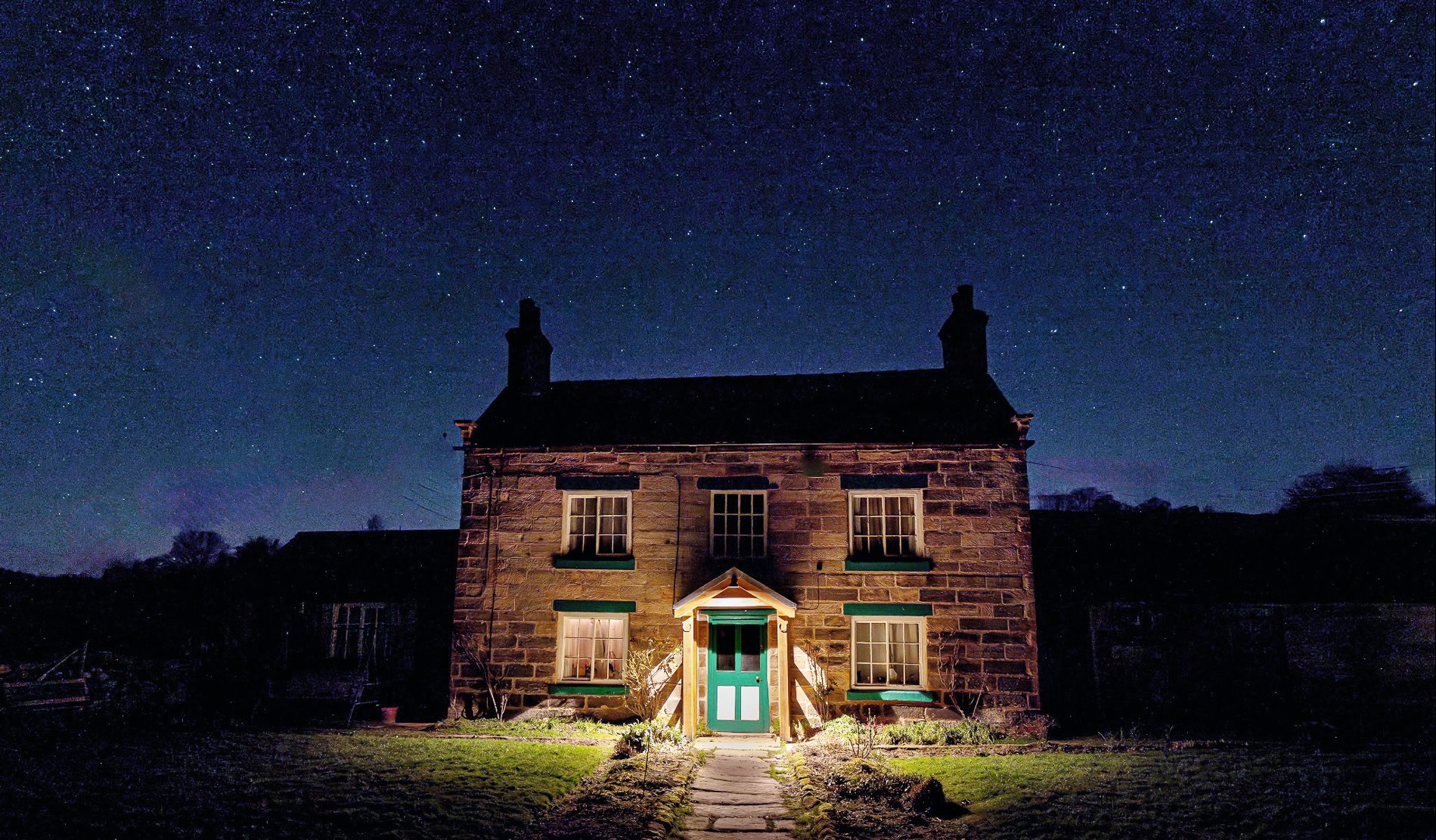
North Yorkshire village is the latest to turn down the lights and become 'dark-skies friendly'
Hawnby is the first 'dark sky friendly' village in the North York Moors and residents are already starting to see
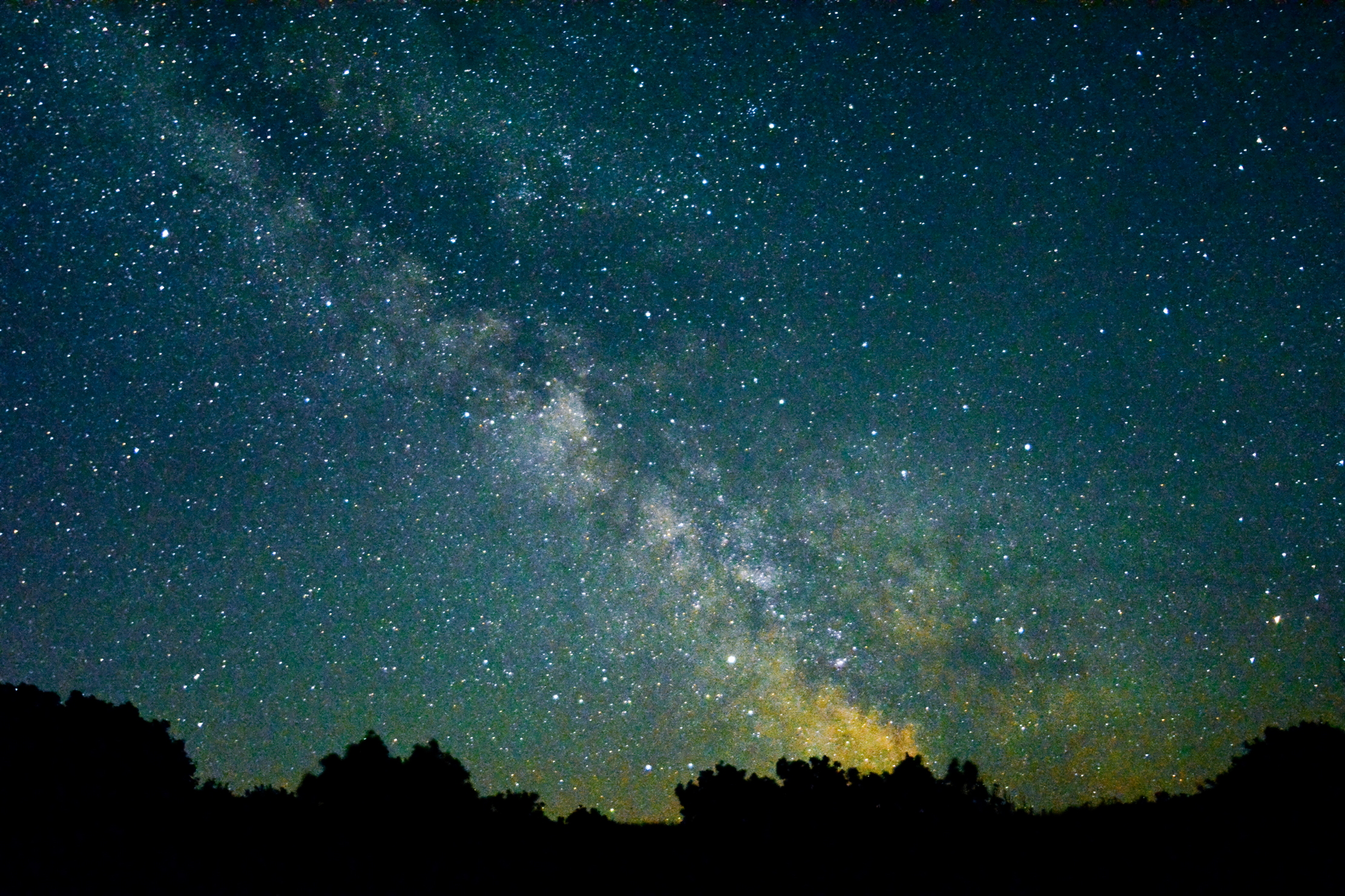
'Disconnected from our heritage' — conservation charity warns that more must be done to tackle light pollution
According to CPRE, The Countryside Charity, most of us can't see the stars correctly, and is calling on government to
Exquisite houses, the beauty of Nature, and how to get the most from your life, straight to your inbox.
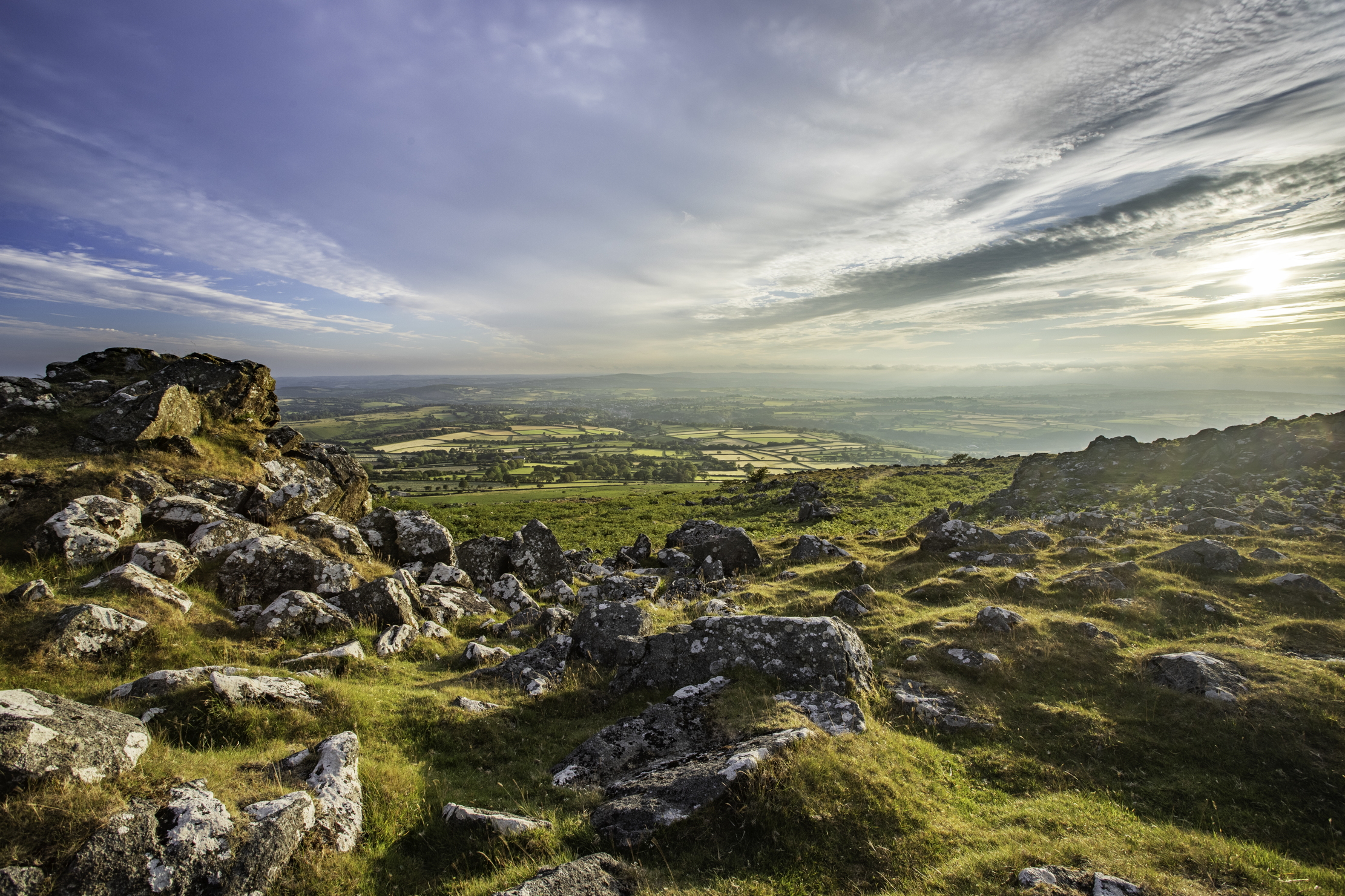
Credit: Getty Images
Comment: Dartmoor camping case is about conservation and preservation, not denial of access
Alexander Darwall, the landowner at the centre of the legal battle over wild camping on Dartmoor, explains why he has
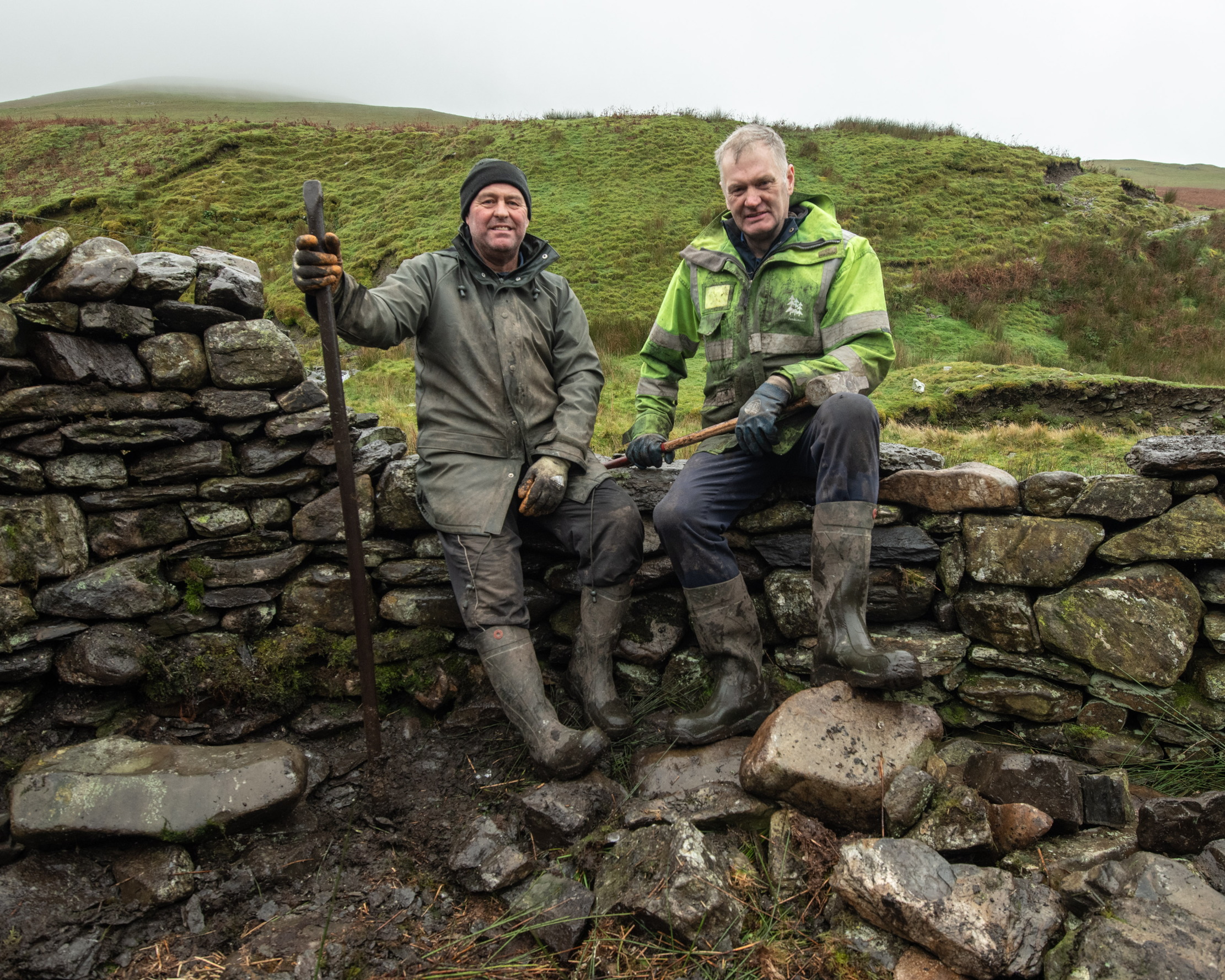
Meet the dry-stone wallers who restored a 300-year-old sheep pen in Cumbria
Craftsmen Steven Allen and Trevor Stamper hope restored this historic sheepfold as part of a wider campaign to help support
Annunciata is director of contemporary art gallery TIN MAN ART and an award-winning journalist specialising in art, culture and property. Previously, she was Country Life’s News & Property Editor. Before that, she worked at The Sunday Times Travel Magazine, researched for a historical biographer and co-founded a literary, art and music festival in Oxfordshire. Lancashire-born, she lives in Hampshire with a husband, two daughters and a mischievous pug.
